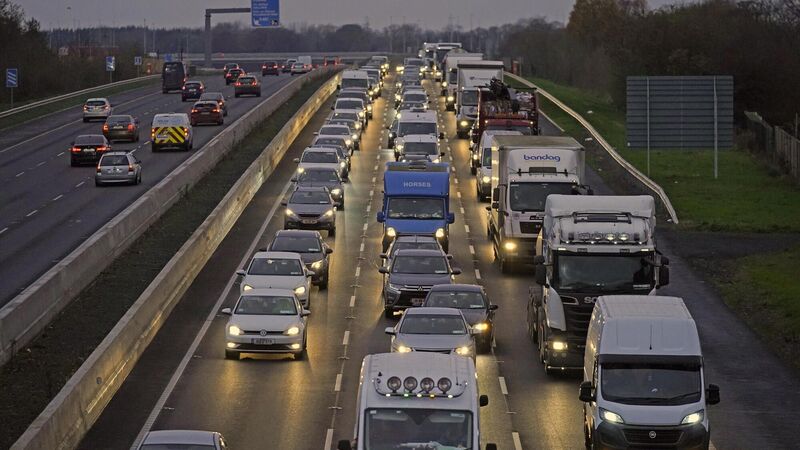Anthony Foley: Climate change measures will be tougher than many wish to believe

Some sectors of the economy will be under threat and we need to be more precise about future economic impacts
Try from €1.50 / week
SUBSCRIBEDealing with climate change is one of several serious economic and social problems facing Ireland over the coming years.
There are other concerns including housing, healthcare, aging, and immigration and integration that have to be tackled in a world that is less stable than in the recent past.
Already a subscriber? Sign in
You have reached your article limit.
Annual €130 €80
Best value
Monthly €12€6 / month
Introductory offers for new customers. Annual billed once for first year. Renews at €130. Monthly initial discount (first 3 months) billed monthly, then €12 a month. Ts&Cs apply.
CONNECT WITH US TODAY
Be the first to know the latest news and updates
Newsletter
News and analysis on business, money and jobs from Munster and beyond by our expert team of business writers.
Newsletter
News and analysis on business, money and jobs from Munster and beyond by our expert team of business writers.
Newsletter
Keep up with stories of the day with our lunchtime news wrap and important breaking news alerts.
Newsletter
Sign up to the best reads of the week from irishexaminer.com selected just for you.
Friday, February 13, 2026 - 11:00 AM
Friday, February 13, 2026 - 12:00 PM
Friday, February 13, 2026 - 11:00 AM
© Examiner Echo Group Limited